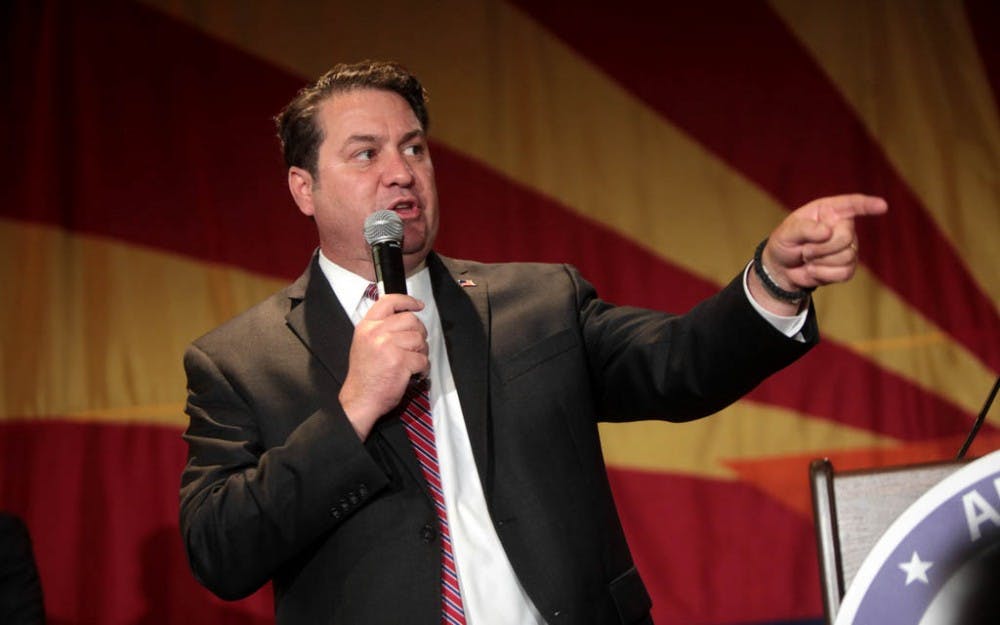Arizona Attorney General Mark Brnovich and the City of Tempe came to an agreement over what he deemed an illegal property tax scheme.
Brnovich petitioned the Arizona Supreme Court on May 24 to take special action against the city to end what he called in a statement “the illegal use of these old tax rates,” which Brnovich argued reduce the revenue generated for the city and county school systems and the state government.
“Tax deals like this unfairly shift the tax burden to other hardworking taxpayers and deprive our schools from much needed revenue," Brnovich said in a written statement. “This settlement gives the State the total relief sought in the suit, without the expense of ongoing litigation.”
The property tax breaks in question are regulated by the state’s government property lease excise tax, which is applied instead of the normal property tax when local governments lease land to private businesses. The GPLET is usually lower than the property tax would be for a given piece of land.
The use of this scheme is regulated by the state’s GPLET statutes, which were changed by the state legislature in 2010. Brnovich claimed in Tuesday’s statement that his investigation revealed the city was using the older GPLET rate illegally in at least one case.
The City of Tempe justified its use of the older tax rates by relying on a section of the GPLET statutes that allows older developments to be grandfathered in, not requiring that these properties face the higher tax.
"When a given development comes back on the property tax rolls, it brings in substantially more property taxes than it previously did when the site was a vacant parcel or underdeveloped building – and it may lower the property tax bills of other property owners," Tempe said in a statement.
As of this agreement, the city will not be authorized to use the abolished rate for current or future businesses on leased public land, such as the Whole Foods and luxury apartment developments on University Drive.
Editor's note: This story may be updated as more information becomes available.
Reach the reporter at parker.shea@asu.edu or follow @laconicshamanic on Twitter.
Like The State Press on Facebook and follow @statepress on Twitter.




